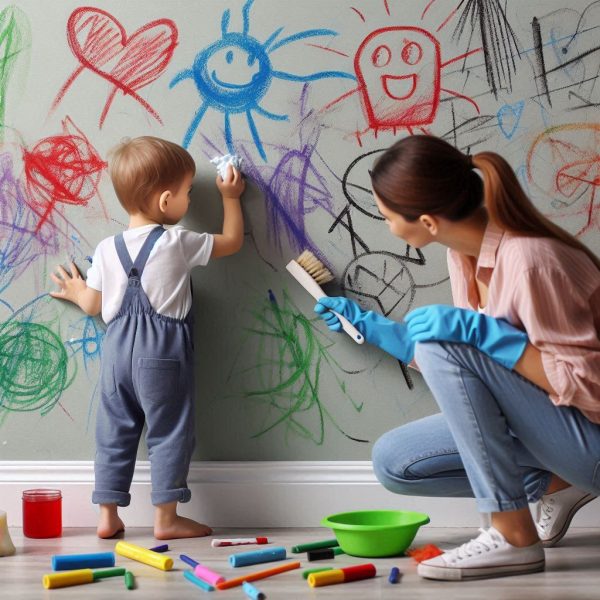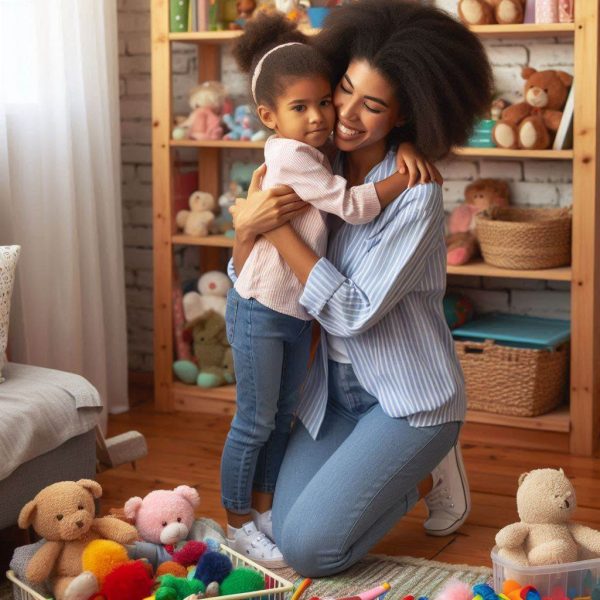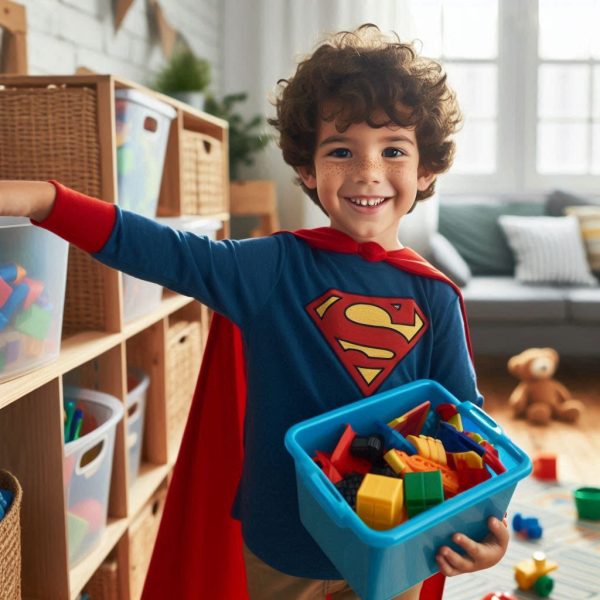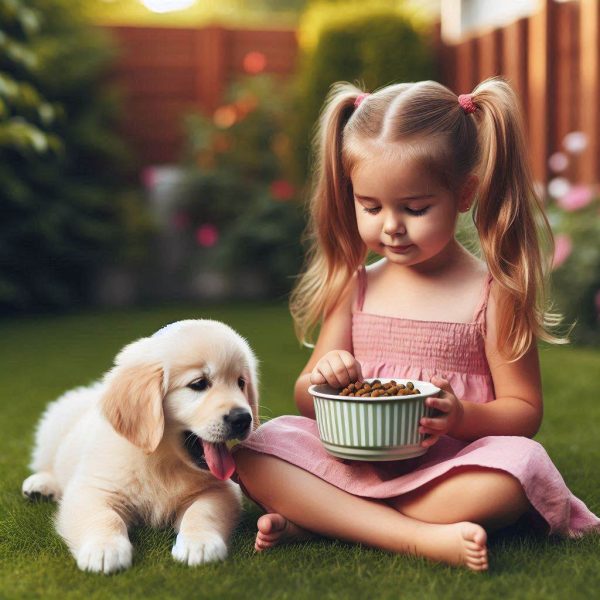There aren't any posts currently published in this category.
Behavior & Discipline
Strategies for effective communication, managing behavior, and positive discipline.
How to Set Clear Boundaries and Expectations with Young Children
How to Set Clear Boundaries and Expectations with Young Children Setting clear boundaries and expectations is crucial in early childhood, offering children a secure framework within which they can explore, ...
Positive Discipline
Positive Discipline: What It Is and How to Use It at Home What is Positive Discipline? Positive discipline is an approach to guiding children’s behavior that emphasizes mutual respect, empathy, ...
Managing Tantrums and Meltdowns
Managing Tantrums and Meltdowns: Calming Techniques for Parents and Kids Tantrums and meltdowns are a common part of childhood as kids navigate their emotions, especially in the early years when ...
Effective Communication with Kids
Effective Communication with Kids: Listening and Speaking to Foster Respect Building a respectful and open relationship with your children starts with communication. Effective communication helps kids feel valued and heard, ...
Teaching Empathy
Teaching Empathy: Activities to Encourage Kindness and Understanding in Kids Empathy is a powerful skill that helps children connect with others, understand different perspectives, and show kindness. Teaching empathy early ...
Handling Sibling Rivalry
Handling Sibling Rivalry: Strategies for a Harmonious Home Sibling rivalry is a natural part of growing up, but managing it effectively can help create a more harmonious home environment. When ...
Praise vs Rewards
Praise vs Rewards: Building Intrinsic Motivation in Kids Helping children develop motivation that comes from within—known as intrinsic motivation—can foster lifelong curiosity, resilience, and a love for learning. But as ...
The Power of Routine
The Power of Routine: How Consistency Improves Behavior in Kids Creating routines for children can have profound benefits for their behavior, emotional well-being, and sense of security. Routines provide structure ...
Teaching Self-Regulation
Teaching Self-Regulation: Helping Kids Manage Big Emotions Learning self-regulation is an essential part of childhood development. Kids often feel emotions very intensely, and without guidance, they may struggle to handle ...
Building Confidence Through Age-Appropriate Responsibilities
Giving children responsibilities, such as chores and simple tasks, helps them develop confidence, self-esteem, and a sense of responsibility. When kids are trusted to complete tasks suited to their age, ...














